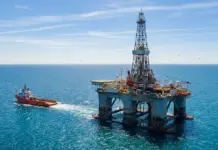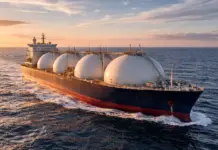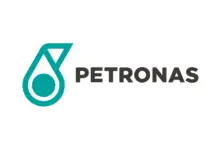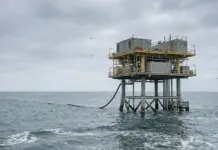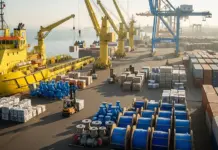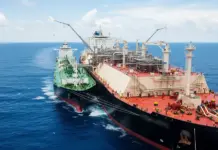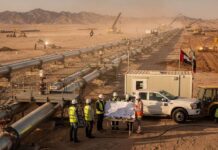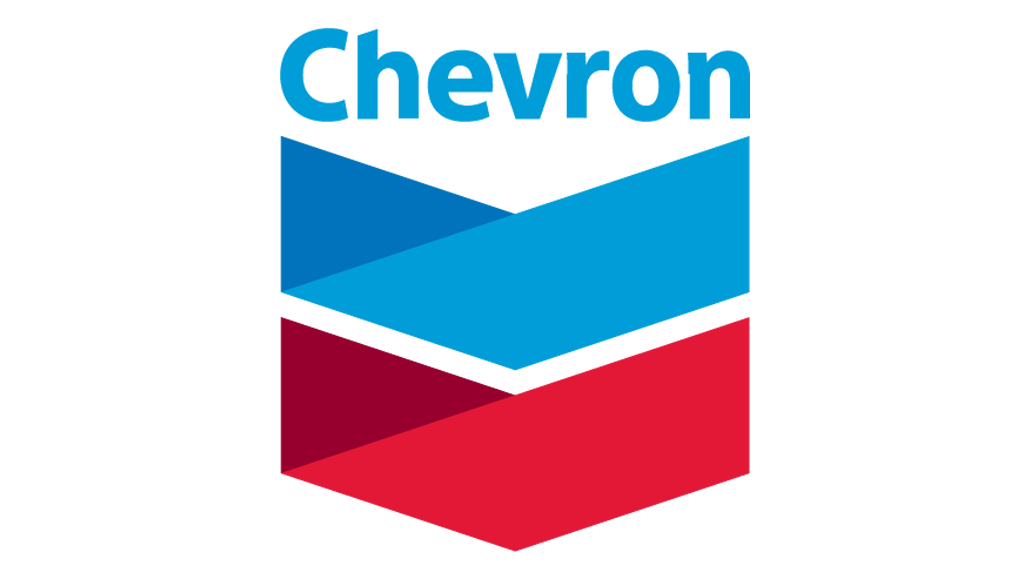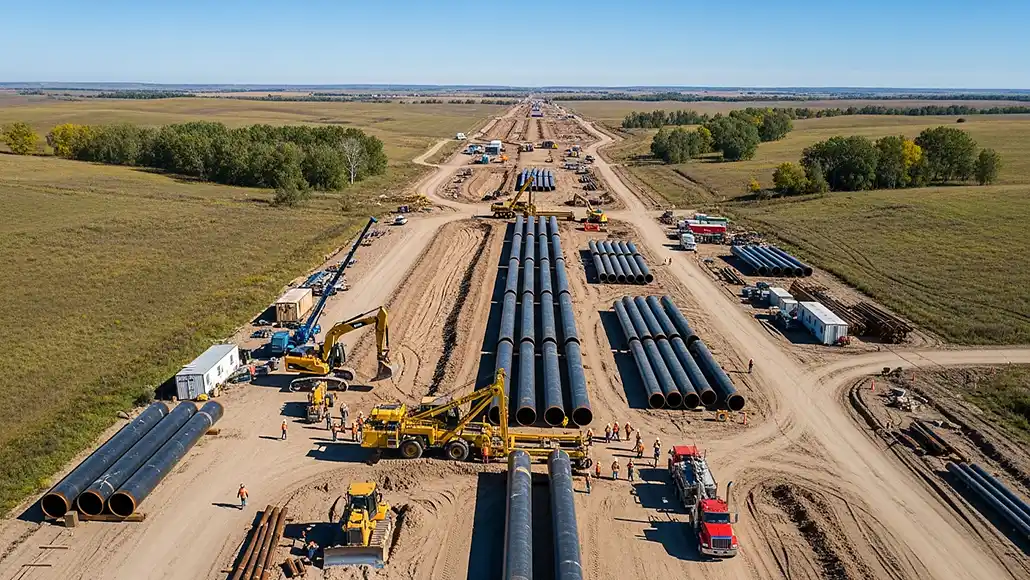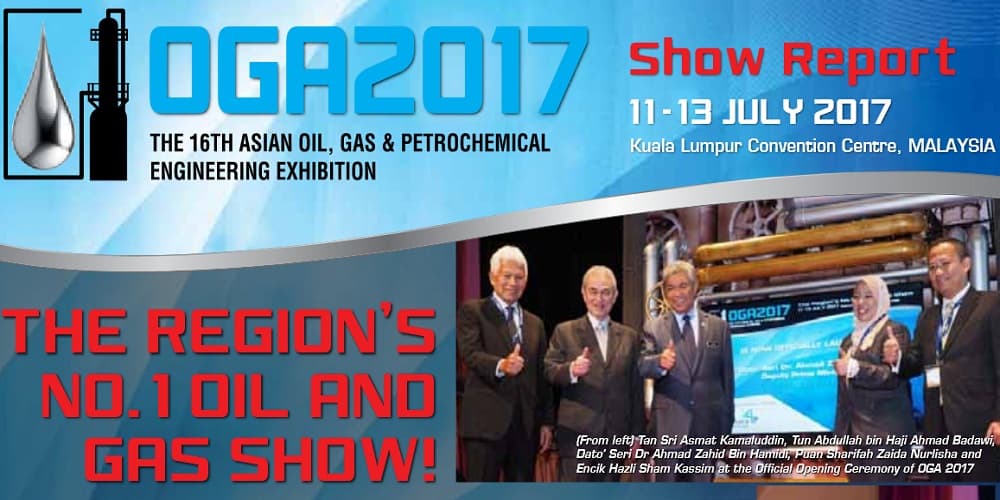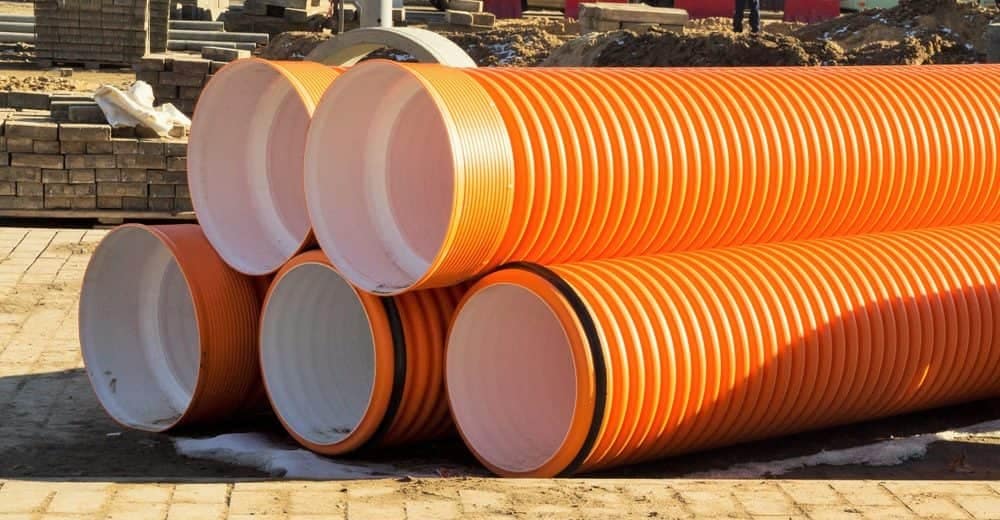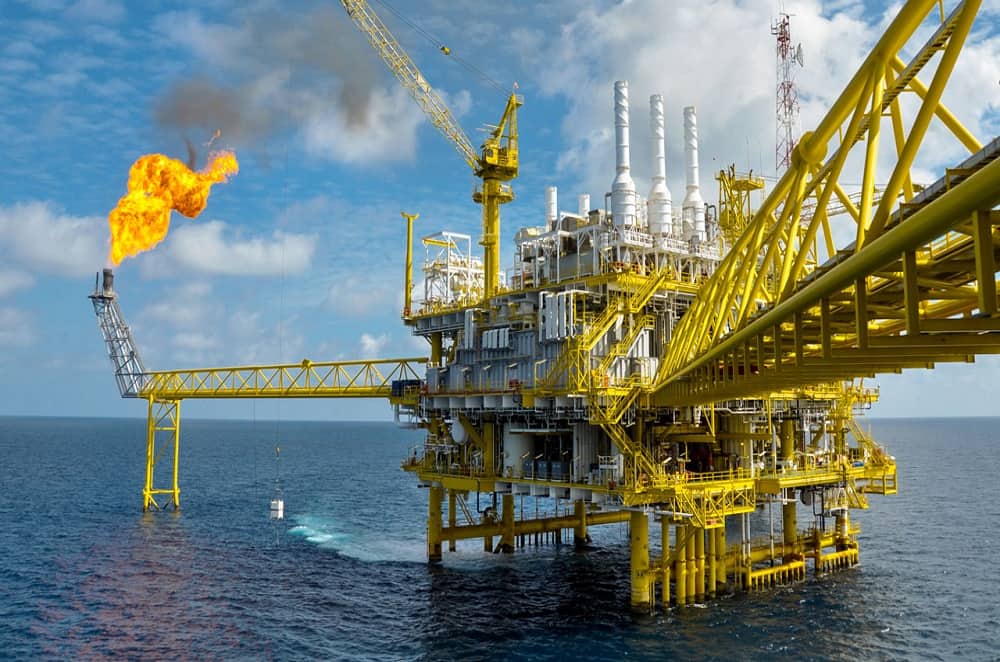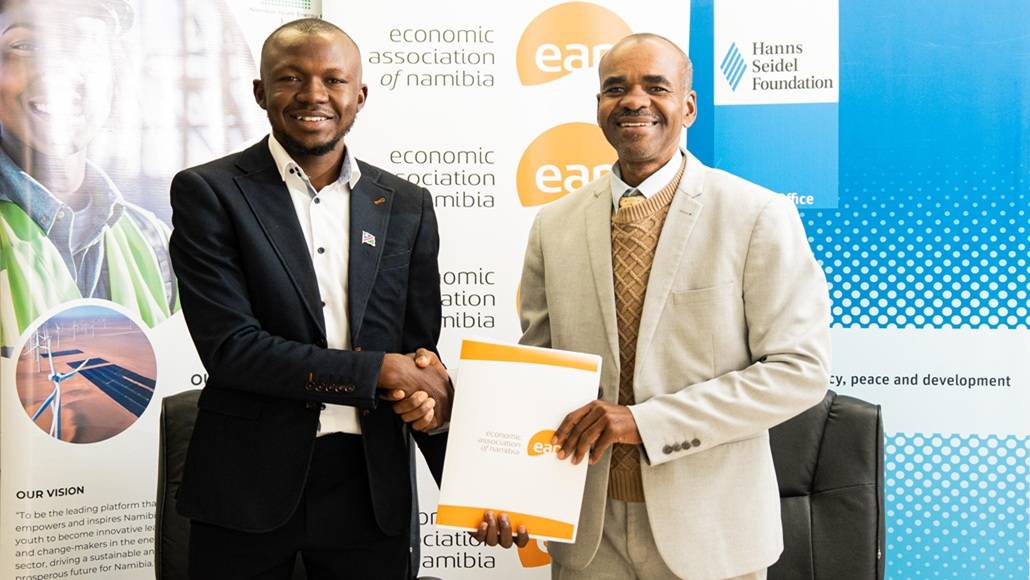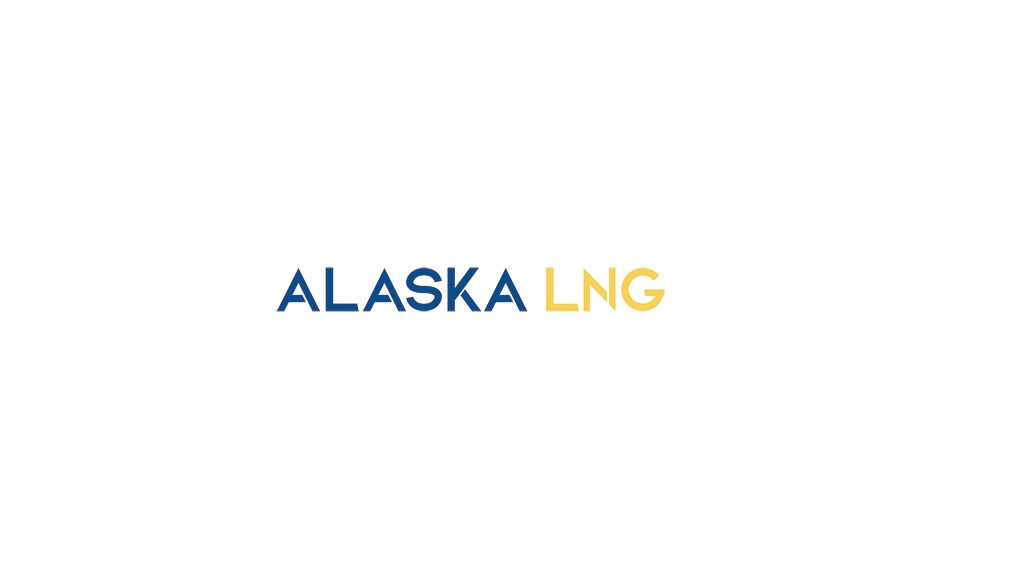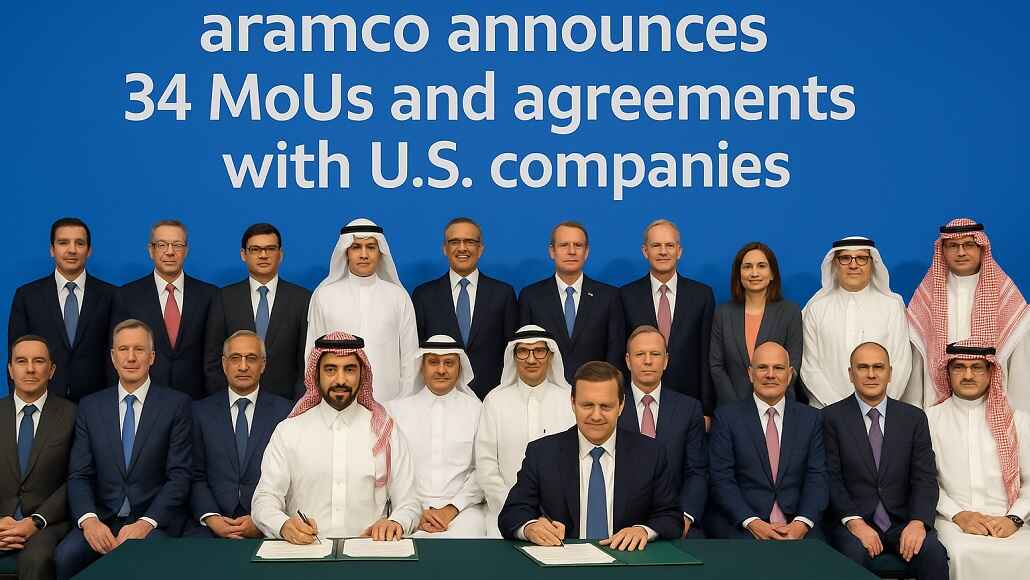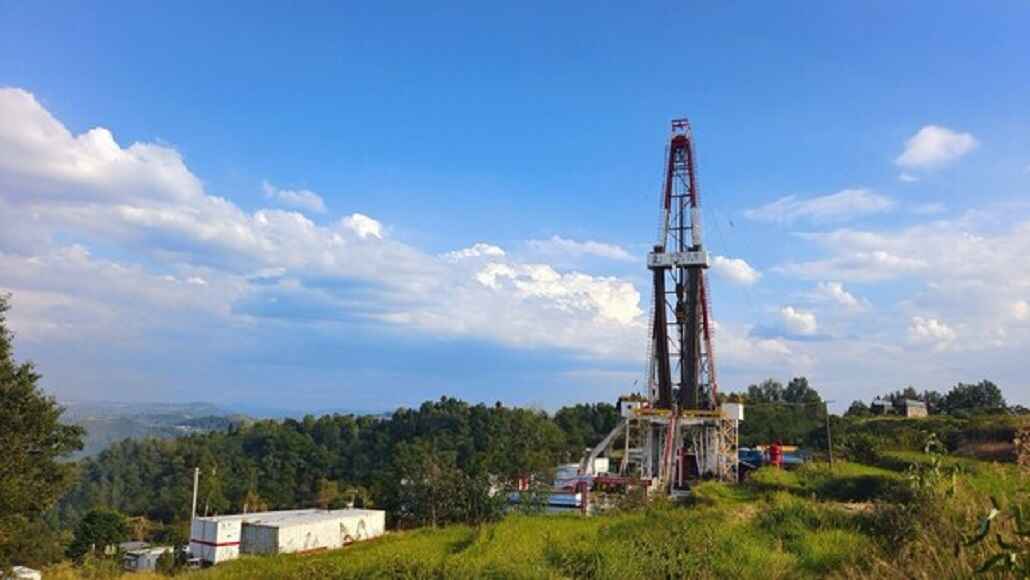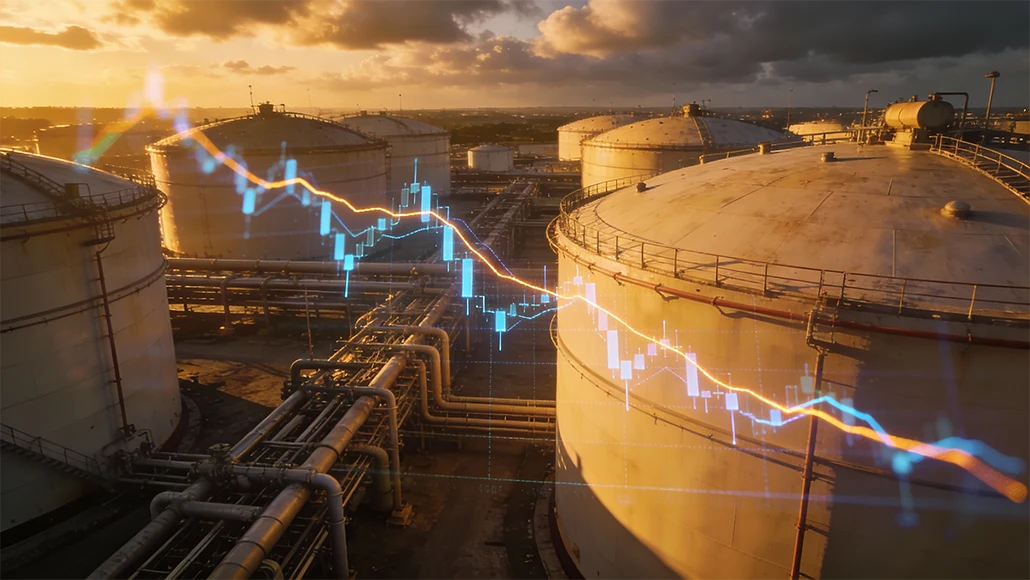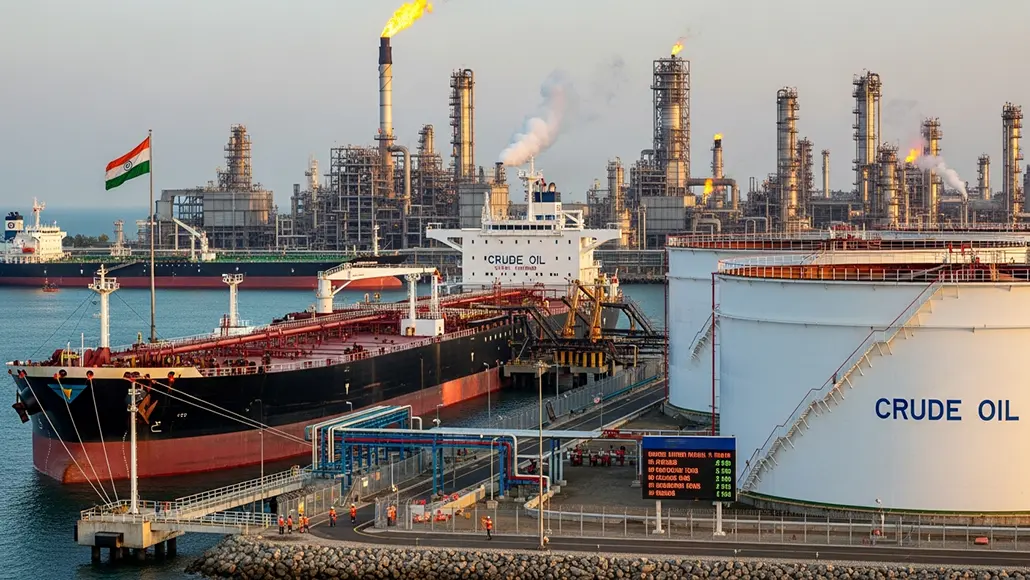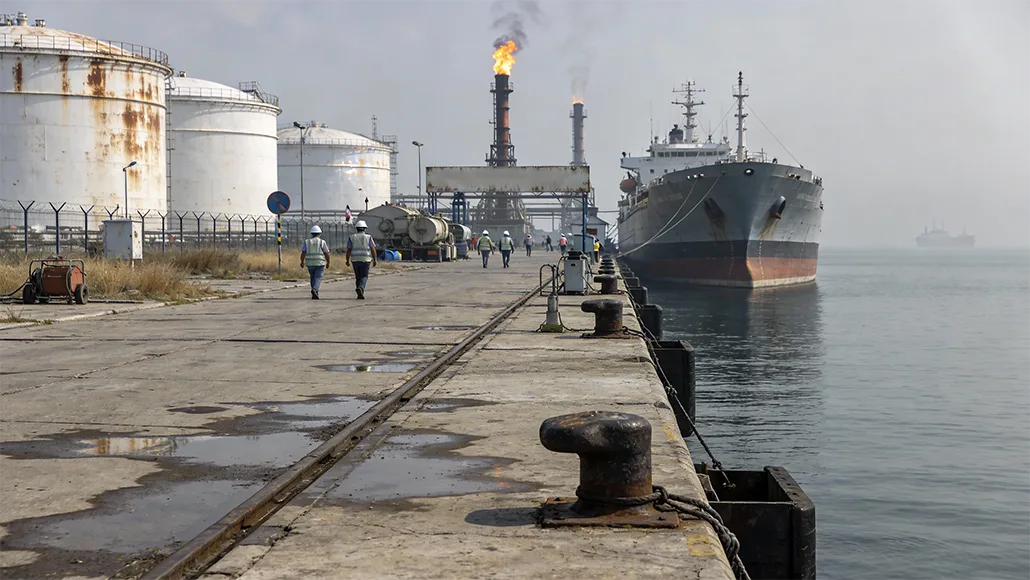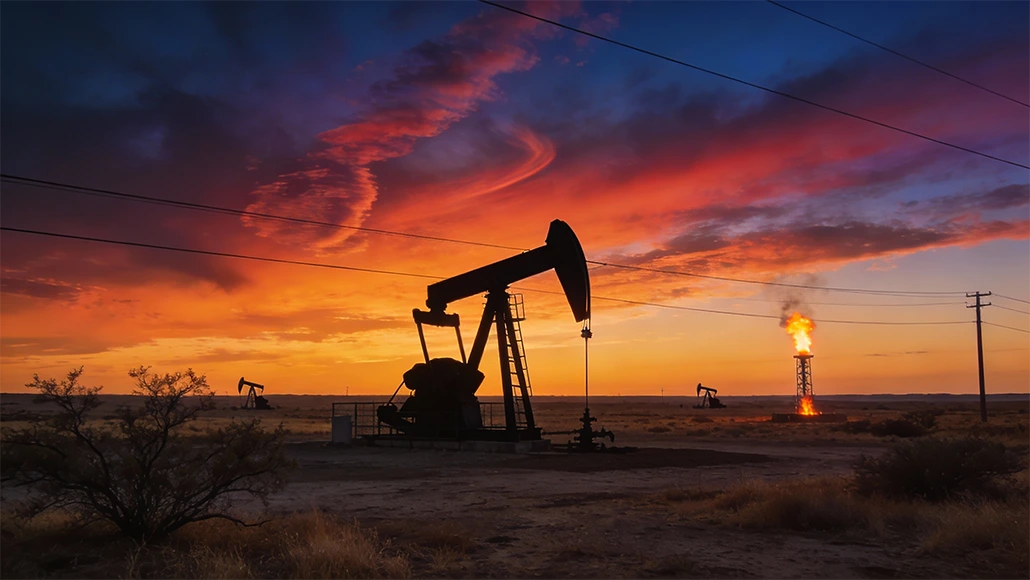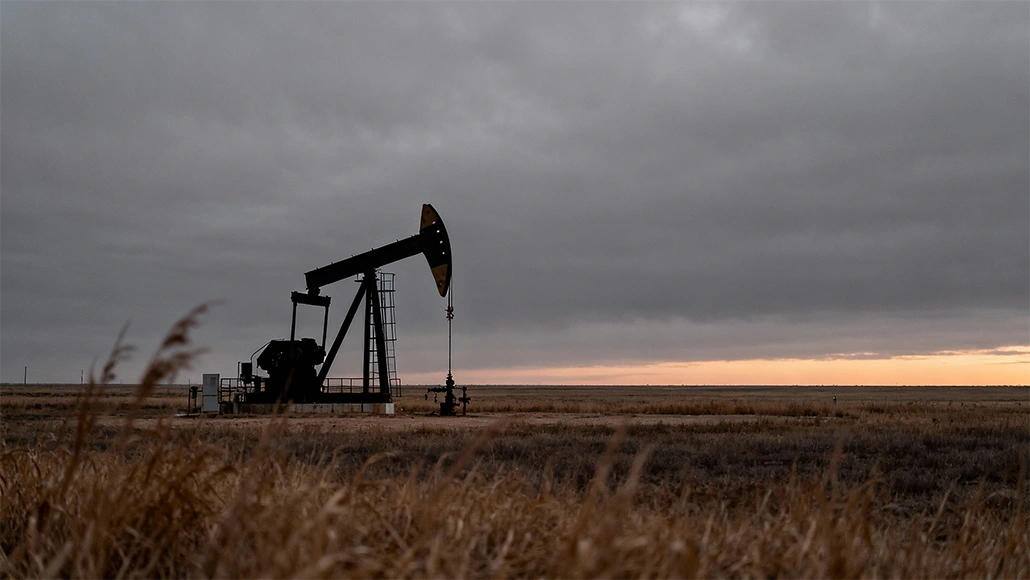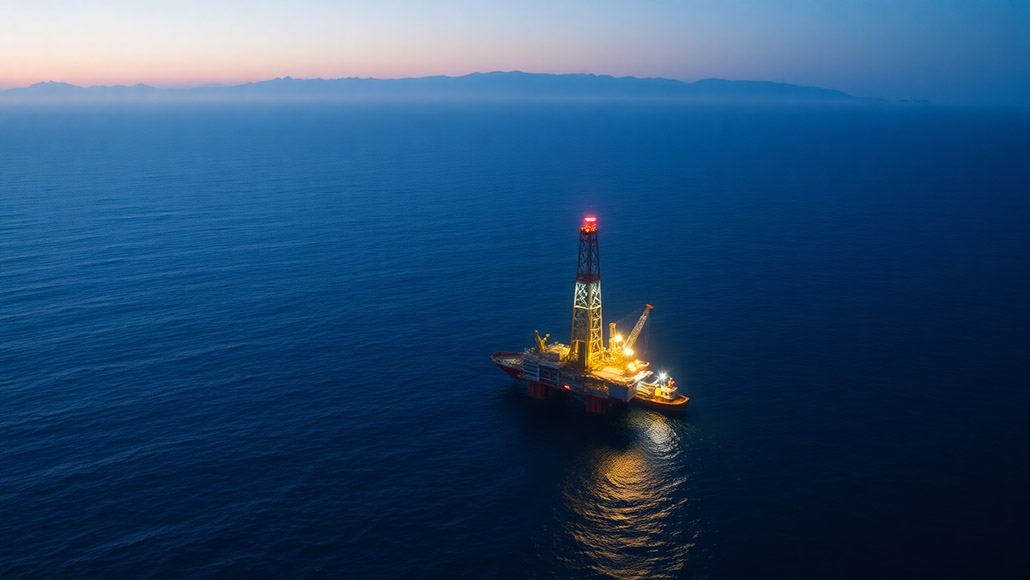The U.K.-headquartered energy giant BP has made a major oil and gas discovery at a prospect in Brazil’s Santos Basin.
The exploration well 1-BP-13-SPS was drilled at the Bumerangue block, located 404 kilometers from Rio de Janeiro, in a water depth of 2,372 meters, as disclosed by BP. In 2022, BP secured the rights to the block that holds a 100% interest in it, with Pré-Sal Petróleo S.A. as the production sharing contract (PSC) manager.
Gordon Birrell, BP’s Executive Vice President for Production & Operations, said: “We are excited to announce this significant discovery at Bumerangue, bp’s largest in 25 years. This is another success in what has been an exceptional year so far for our exploration team, underscoring our commitment to growing our upstream. Brazil is an important country for bp, and our ambition is to explore the potential of establishing a material and advantaged production hub in the country.”
Results of the rig-site study show elevated concentrations of carbon dioxide (CO2). A laboratory analysis will now be conducted to further define the reservoir and fluids found, giving further information on the potential of the block. Depending on regulatory approval, additional appraisal operations are also scheduled.
Notably, Bumerangue is BP’s tenth discovery in 2025, after Beryl and Frangipani in Trinidad, Fayoum 5 and El King 5 in Egypt, Far South in America’s Gulf, Hasheem in Libya, and Alto de Cabo Frio Central in Brazil.
Further discoveries in Angola and Namibia have been made by Azule Energy, the 50-50 joint venture of BP with Eni. Eni and BP recently entered into an agreement with the Egyptian General Petroleum Corporation (EGPC) and the Egyptian Natural Gas Holding Company (EGAS) for the development of exploration activities in the Mediterranean.
Additional discoveries in Namibia and Angola were made through Azule Energy, BP’s 50-50 joint venture with Eni. Eni and BP also recently signed a deal with the Egyptian General Petroleum Corporation (EGPC) and the Egyptian Natural Gas Holding Company (EGAS) to initiate exploration activities in the Mediterranean.
This is in alignment with the major oil and gas discovery giant’s agenda to grow its global upstream production to capacity to 2.3-2.5 million barrels a day equivalent in 2030, with the opportunity to increase production out to 2035. Along with the Bumerangue prospect drilling campaign this year, an exploration well planned for the Tupinambá block in 2026, in terms of the Brazilian plans.


